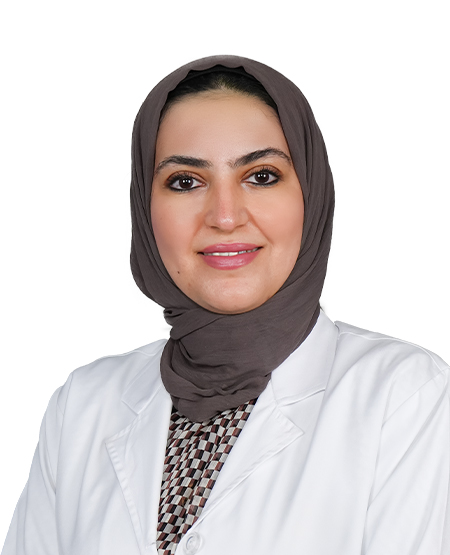 10+ years of exp
10+ years of exp
Languages
English and ArabicClinics
HealthHub - Arabian Center
HealthHub - Festival City Day Surgery Center and Specialty Clinics

 10+ years of exp
10+ years of exp
HealthHub - Arabian Center
HealthHub - Festival City Day Surgery Center and Specialty Clinics